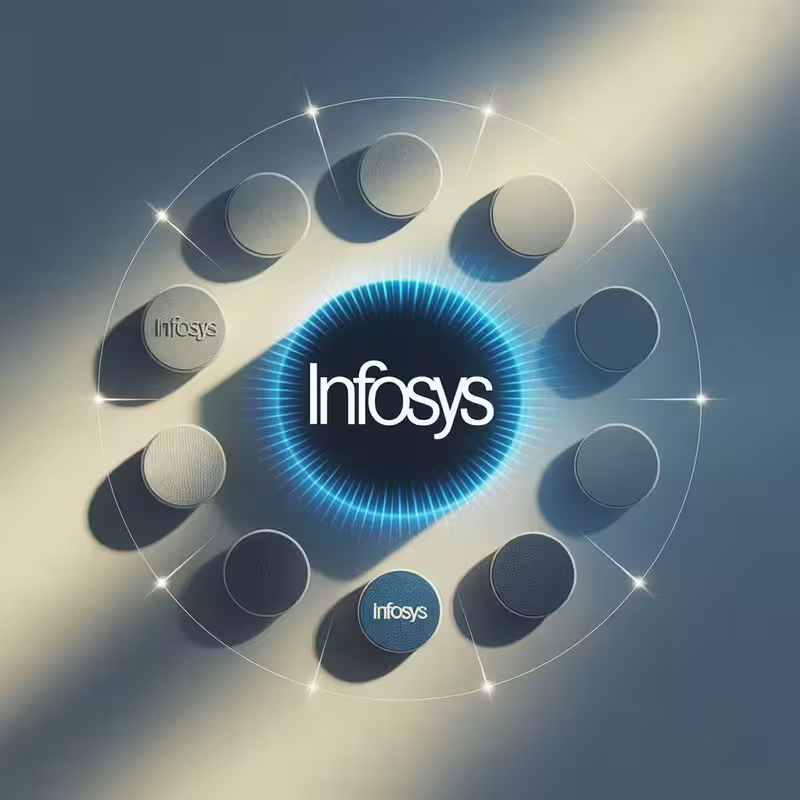Strategic planning is the foundation of every successful business. Yet most organisations use outdated models and make incremental improvements rather than real innovation. But what if the key to breakthrough ideas isn’t having more answers – but asking better questions?
Socrates, the Greek philosopher, believed questioning was the key to uncovering deeper truths. Applied to business strategy this forces leaders to think critically, expose blind spots and challenge industry norms. Companies that do this – like Tesla, Amazon and Apple – redefine markets rather than just competing in them.
By incorporating inquiry into planning businesses can move beyond conventional wisdom and find new opportunities. This article shows how the Socratic Method can change strategic thinking and lead to disruption and sustained competitive advantage.
The Power of Questioning in Strategic Thinking
Most plans fail because they are based on untested assumptions. Leaders assume past trends will continue, competitors will behave predictably, or customers will stay loyal. These are bad assumptions.
Example: Netflix vs. Blockbuster
Blockbuster assumed people would always rent DVDs in stores. Netflix questioned that assumption. By asking What if customers could stream instead? Netflix created the streaming revolution and left Blockbuster behind (Christensen, C. M., The Innovator’s Dilemma).
Actionable Takeaway:
- Ask: What are we assuming to be true? What if the opposite were true?
- Test each assumption with evidence, data, and outsider perspectives.
Socratic Questioning to Identify Blind Spots
Strategic plans often suffer from groupthink where teams reinforce existing thinking rather than challenge it. Socratic questioning helps uncover hidden risks and missed opportunities.
Example: Kodak’s Failure to Adapt
Kodak developed the first digital camera in 1975 but dismissed it, thinking film would always be in charge (Anthony, S. D., Harvard Business Review. The right question would have been: What if digital replaces film? Instead Kodak resisted and filed for bankruptsy in 2012.
Actionable Takeaway:
- Use Socratic questioning to test the key assumptions in your business plan.
- Ask: What are we not seeing? What would an outsider say about our strategy?
Dialectical Thinking for Strategy
The Socratic Method isn’t about asking random questions—it’s about dialectical thinking, where opposing views are debated to refine ideas. So businesses don’t settle for the first solution, but stress-test strategies before execution.
Example: Amazon’s Customer Obsession
Jeff Bezos would ask teams: What do customers hate about shopping? By continuously questioning inefficiencies, Amazon built its Prime model and changed e-commerce ( The Everything Store).
Actionable Takeaway:
- In strategy meetings, have opposing perspectives debate.
- Frame discussions around: If we were a startup, how would we disrupt ourselves?
Contrarian Thinking for Disruption
Most companies follow industry best practices. But true innovation happens when leaders ask: What if the industry best practice is wrong?
Example: Tesla’s Direct-to-Consumer Model
Automakers have always used dealership networks. Elon Musk asked: Why not sell directly to customers? Tesla’s direct-to-consumer model disrupted the auto industry and redefined vehicle sales.
Actionable Takeaway:
- Identify industry norms and ask: What if we did the opposite?
- Look outside your industry for ideas.
Putting the Socratic Method into Practice in Your Organization
To put the Socratic Method into strategic planning, businesses must create a culture of inquiry where questioning is encouraged, not punished.
How to Do It:
- Host “Questioning Sessions” – Instead of status meetings, have teams challenge core business assumptions.
- Use the “Five Whys” – Ask Why? five times to get to the root cause of the problem.
- Encourage Intellectual Humility – Reward employees who ask tough questions, not just those who have the answers.
Example: Google’s “Moonshot Thinking”
Google X applies Socratic questioning to tackle massive challenges like self-driving cars and internet-beaming balloons. They ask: If failure wasn’t an option, what bold idea would we pursue? (Diamandis, P., Bold).
Actionable Takeaway:
- Foster a leadership culture that values deep questioning over quick decision-making.
- Integrate questioning techniques into team meetings, strategy reviews, and brainstorming sessions.
Disruptive Innovation Through Contrarian Thinking
Most companies follow industry best practices. But true innovation happens when leaders ask: What if the industry best practice is wrong?
Example: Tesla’s Direct-to-Consumer Model
Automakers followed the norm. Elon Musk asked: Why not sell directly to customers? Tesla’s direct-to-consumer model disrupted the auto industry and changed the way cars are sold (Musk, E., Tesla Master Plan).
Take Away:
- Identify industry standards and ask: What if we did the opposite?
- Look outside your industry for inspiration.
Socratic Method in Your Organization
To put the Socratic Method into strategic planning, businesses must create a culture of inquiry where asking is not punished.
How to Do It:
- Host “Questioning Sessions” – Instead of status meetings, have teams challenge core business assumptions.
- Use the “Five Whys” – Ask Why? five times to get to the root of the strategic problem.
- Encourage Intellectual Humility – Reward employees who ask tough questions, not just those who give quick answers.
Example: Google’s Moonshot Thinking
Google X applies Socratic questioning to big problems like self-driving cars and internet-beaming balloons. They ask: If failure wasn’t an option, what would we do? (Diamandis, P., Bold).
Take Away:
- Create a leadership culture that values deep questioning over quick decision making.
- Integrate questioning into team meetings, strategy reviews and brainstorms.
The Future Belongs to the Best Questioners
The Socratic Method is not just a philosophical tool—it’s a framework for strategic planning. By questioning assumptions, finding blind spots and challenging industry norms, companies can create disruptive innovation.
The real question is: Are you willing to question everything you think you know? Companies that do—like Netflix, Tesla and Amazon—redesign industries. Those that don’t—like Blockbuster and Kodak—become case studies in failure. Next time you’re in a strategy session, don’t just brainstorm. Ask the question first. Because sometimes the biggest ideas start with one question


